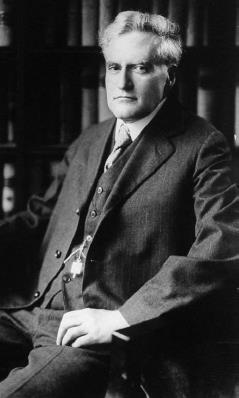The Hughes Court (1930–41)Criminal Justice |
In what decision did the Court refuse to extend the right against double jeopardy to the states? |
The U.S. Supreme Court unanimously ruled in Palko v. Connecticut (1938) that the state of Connecticut could retry defendant Frank Palko for first-degree murder even though a jury already had convicted him of second-degree murder. The law provided that the state could appeal adverse verdicts in criminal cases just as the defendants could “with the permission of the presiding judge.”
Palko had been charged with shooting and killing a police officer who pursued him for stealing a radio from a music store. In his first trial, the jury found him guilty of second-degree murder and he was sentenced to life imprisonment. The state tried Palko again for first-degree murder. The second jury found him guilty of first-degree murder and the trial court sentenced him to death.
Federal prosecutors could not have retried Palko because of the Fifth Amendment’s Double Jeopardy Clause, which provides that “No person shall be subject for the same offence to be twice put in jeopardy of life or limb.” Palko’s attorneys argued that state officials should be subject to the same limitations via the Fourteenth Amendment Due Process Clause. In other words, they argued that the Fourteenth Amendment extended the Fifth Amendment double-jeopardy protection to the states.
The Court rejected Palko’s argument in an opinion written by Justice Benjamin Cardozo, who noted that “there is no such general rule” for extending the protections found in the federal bill of rights to the states. Only those freedoms which were “the very essence of a scheme of ordered liberty” were extended to the state by the Fourteenth Amendment. Cardozo reasoned that the protection against double jeopardy, unlike freedom of speech protected in the First Amendment, was not so “fundamental” to liberty. “The state is not attempting to wear the accused out by a multitude of cases with accumulated trials,” he wrote. “It asks no more than this, that the case against him shall go on until there shall be a trial free from the corrosion of substantial legal error.”
The U.S. Supreme Court eventually overruled the Palko decision in Benton v. Maryland (1969).

